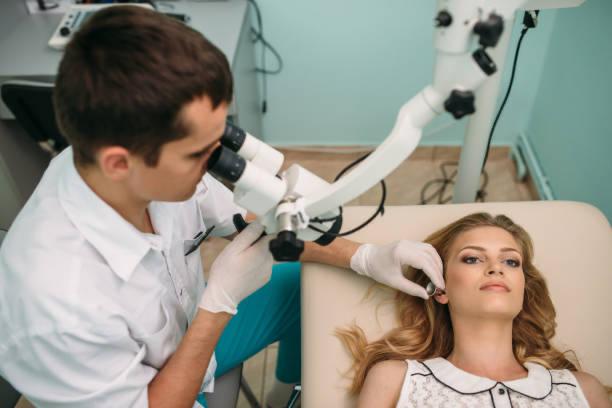How Often Should You Get a Hearing Test?

Just like routine eye exams or dental checkups, hearing tests are an important part of maintaining your overall health. Many people wait until they notice a significant problem before seeking help, but early detection can make a big difference in protecting your hearing and quality of life.
General Recommendations
- Adults over 50: It’s recommended to have a hearing test every year. Age-related hearing loss is common, and regular monitoring ensures changes are detected early.
- Adults under 50: If you don’t have symptoms or risk factors, a hearing test every 3–5 years is usually sufficient.
- Children and young adults: Hearing should be checked at key developmental stages and after any concerns raised by parents, teachers, or health professionals.
When to Get Tested Sooner
Even if you’re not due for a routine test, you should book one if you notice:- Difficulty following conversations, especially in noisy places
- Frequently asking people to repeat themselves
- Turning the TV or music up louder than others prefer
- Ringing, buzzing, or fullness in the ears
- Recent exposure to loud noise (concerts, machinery, headphones)
Why Regular Tests Matter
Hearing loss often develops gradually, making it easy to miss. Regular hearing checks:- Allow early treatment and support
- Prevent communication difficulties from impacting work or relationships
- Help maintain brain health, as untreated hearing loss is linked to cognitive decline and dementia risk
- Provide reassurance and a baseline for future changes
